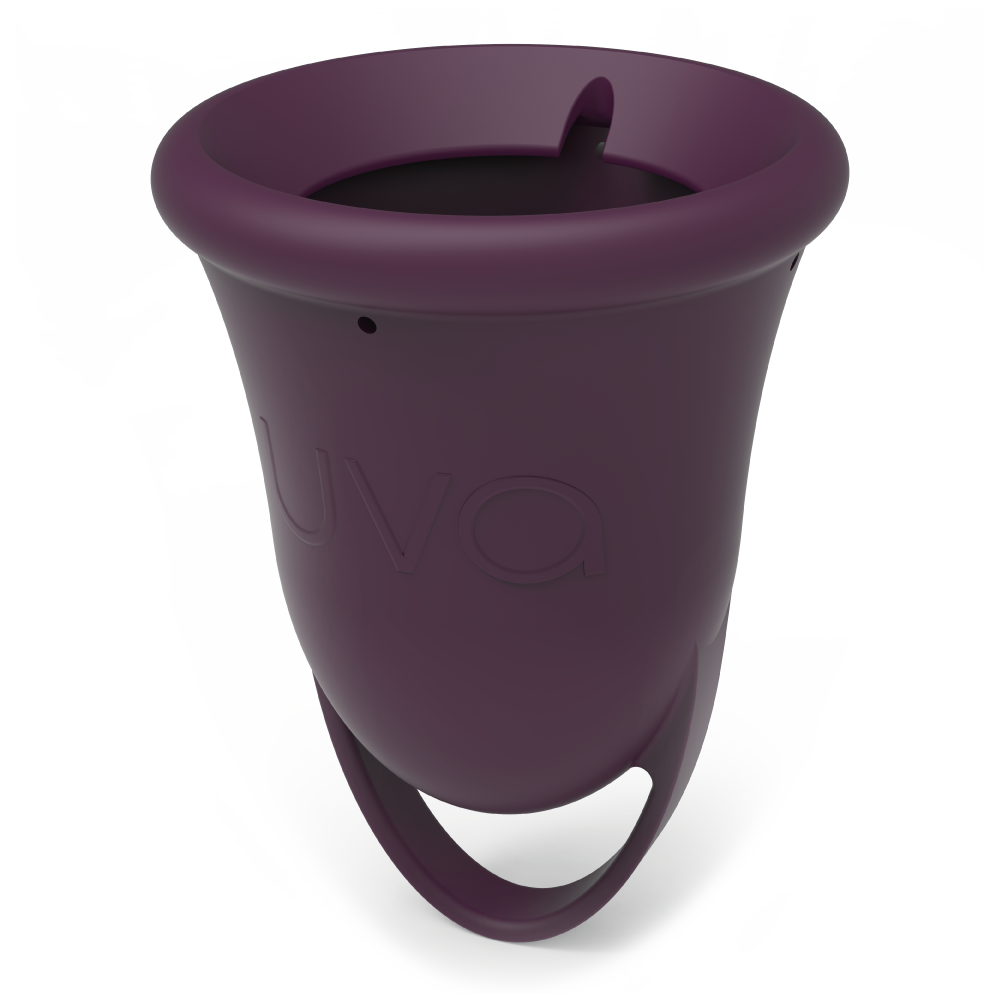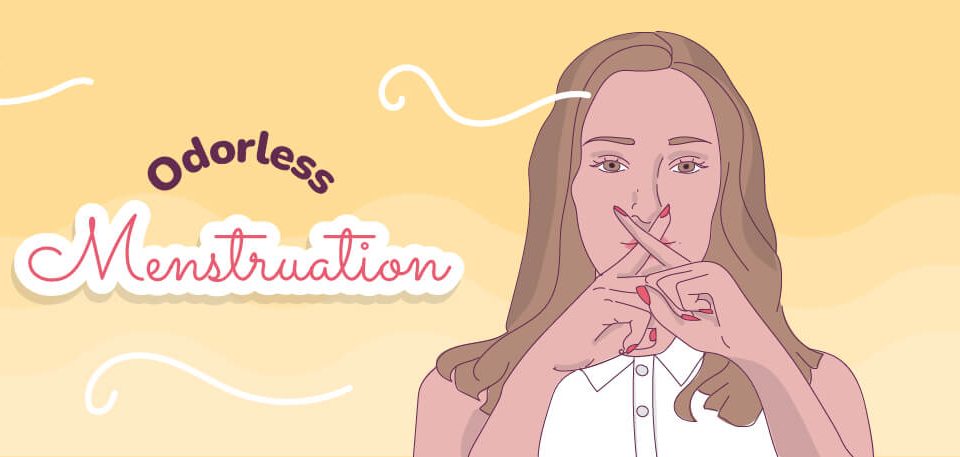 Store
StoreRECOMMENDED PRODUCT
Uva Menstrual Cup
Ultra-soft silicone for your comfort and peace of mind.
$29.99

 How to use the cup
How to use the cup- FAQ
- Blog
 Store
StoreRECOMMENDED PRODUCT
Uva Menstrual Cup
Ultra-soft silicone for your comfort and peace of mind.
$29.99

 How to use the cup
How to use the cup- FAQ
- Blog

Why do Women Have Periods? Cause
Menstruation is a natural biological process that is part of the female reproductive cycle. But, between those days and the discomfort of the period. We ask ourselves several questions, such as: What need does the body have to menstruate? Or even, why are women the ones who menstruate? In this article; we will explore in detail the physiological mechanisms behind menstruation, its purpose, and the various stages of the menstrual cycle.
The menstrual cycle is an indicator of health and well-being for women. However; it can be affected by multiple factors; from hormonal changes to lifestyle. Understanding what causes it is essential to better understand the female body. And how to manage the challenges that can sometimes come with your period. Knowledge of our body and how it works is important; to know what is good and what is normal to happen to us during our reproductive life.
Why does menstruation happen?
Menstruation, or period, is vaginal bleeding that occurs or should occur every month. With this bleeding, we not only ensure that the woman is not pregnant, but also that the body is doing its natural functions.
Periods happen because the egg was not fertilized; and the body needs to expel the preparation that it made during that month to receive a baby. Every month; the female body prepares to be fertilized, and when it is not, the process begins again. The bleeding is due to the lining of the uterus shedding, since in the month this lining becomes thicker to keep the fetus healthy in it. This lining will become much thicker when impregnated to prevent anything from touching or damaging the fetus.
Why do Women Have Periods?
When you have your period, the body discards that part that you do not use or need. When the egg isn’t fertilized, the body needs to get rid of this waste to prepare the body again for a possible pregnancy. Therefore, the body goes through different hormonal stages. When the egg is not fertilized; the brain sends hormones to begin the period. Releasing the lining of the uterus through the vagina. The bleeding is what occurs when this waste is expelled from the body. Which leads to period blood not being dirty or old. But your brain is responsible for sending the hormones necessary for your body to begin menstruation.
The Menstrual Cycle and Its Phases
The menstrual cycle can be divided into several phases, each characterized by specific hormonal changes:
- Follicular phase: This phase begins on the first day of your period and lasts until ovulation. During this time, estrogen levels begin to rise, which stimulates the growth of follicles in the ovaries.
- Ovulation: This is the time in the cycle when a mature egg is released from the ovary. This usually occurs mid-cycle and is when a woman is most likely to get pregnant if she has unprotected sex.
- Luteal phase: After ovulation, the follicle that released the egg transforms into the corpus luteum, which produces progesterone. This hormone prepares the uterine lining for a possible pregnancy.
- Menstruation: If pregnancy does not occur, the corpus luteum disintegrates, progesterone levels decrease, and the uterine lining sheds, resulting in menstruation.
These phases are regulated by a delicate hormonal balance. That involves the pituitary and hypothalamus in the brain, as well as the ovaries and uterus. Changes in this balance can lead to alterations in the menstrual cycle.
Factors that Influence Periods
Not all women experience the menstrual cycle in the same way. Various factors can influence how menstruation happens, including:
- Age: Menstruation begins at puberty and ends with menopause. Fluctuations in the cycle are common in the years around these events.
- General health: Medical conditions, such as polycystic ovary syndrome (PCOS) or thyroid disorders, can affect the regularity and durability of the menstrual cycle.
- Lifestyle: Stress, diet, and exercise have a significant impact on menstruation. A balanced lifestyle tends to favor a regular cycle.
- Medications: Some drugs, including hormonal contraceptives, can alter the natural menstrual cycle.
It is important to note that your period is not simply a monthly ‘inconvenience’, but a crucial part of a woman’s reproductive health. Through your period. The body sheds the uterine lining; which was not used for pregnancy, and, in doing so, prepares for the next reproductive cycle.
Understanding Menstruation
Periods can be accompanied by several symptoms. Collectively known as premenstrual syndrome (PMS), including mood swings, breast tenderness, fatigue, and cravings, among others. These symptoms are a result of hormonal changes that occur during the menstrual cycle.
Additionally, conditions such as endometriosis, where the tissue that normally lines the inside of the uterus grows outside of it, can cause painful periods and fertility complications. Management of these conditions often requires the intervention of healthcare professionals.
For many women, understanding what causes menstruation is the first step in taking control of their menstrual and reproductive health. Education and awareness are powerful tools for managing the challenges associated with the menstrual cycle.
Menstruation is a complex process influenced by internal and external factors. Understanding what causes it is not only necesary for women’s health, but is also a step towards eliminating the stigma and myths that surround it. Through education and support, women can learn to better manage their menstrual cycle and improve their quality of life.











